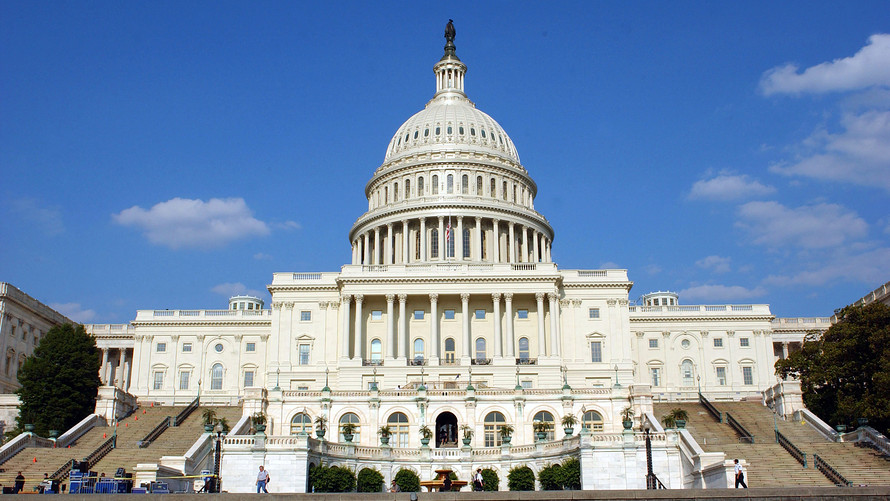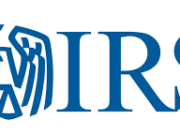You can find a PDF version of the testimony below at this link.
Thank you for the opportunity to provide this written testimony, on behalf of the Center for Competitive Politics (“CCP”), to the Subcommittee on Economic Growth, Job Creation and Regulatory Affairs of the Committee on Oversight and Government Reform. I attach CCP’s comments on the IRS’s proposed regulation, “Guidance for Tax-Exempt Social Welfare Organizations on Candidate Related Political Activities.” Those comments serve as the basis for, and further explain, the points made below.
Since this hearing involves a proposed regulation of the Internal Revenue Service, one might expect it to involve the collection of federal revenue. But it does not. There is no reason to believe this regulation will have any impact, one way or the other, on revenue collection.
The most obvious reason for this is that 501(c)(4) organizations do not receive a tax subsidy in the same way as charities, because their donors do not get a tax deduction. Doubtless this is because the role of a 501(c)(4) organization is also different from that of a charity. 501(c)(4) groups exist to advocate for social welfare as they see it. Such advocacy-on the full range of issues from gun control to environmental policy to tax reform-has always been understood to be a central pillar of American civil society and our right as citizens to discuss, and even criticize, our society and its government. These groups have been powerful agents of change, on both the left and the right, and have helped guide our collective conversation on complex topics. In short, 501(c)(4)s embody the very heart of the First Amendment’s protections of speech, the press, and the right to associate with one another.
If revenue is not implicated, then why is the IRS involved in this area at all? Why is it revisiting rules that have been in place for more than half a century? And, in particular, is it not odd that something called “Candidate Related Political Activity” would be regulated by the tax collecting agency, and not by the Federal Election Commission?
The answer to all of these questions is simple and structural. The FEC has an equal number of members from each political party, which makes it impossible to expand the scope of federal regulation without bipartisan agreement. The IRS, on the other hand, is headed by an appointee of the president.
These regulations, at their most basic, fail to understand the past forty years of campaign finance law, including a number of famous pronouncements by the Supreme Court. At the heart of its error is the decision to flip the presumption of the First Amendment: that speech is, as a constitutional matter, free from governmental regulation.
True, the Supreme Court has allowed for the regulation of speech directed at convincing citizens how to vote in elections. But the nexus of that narrow exception-an election-has been lost in these draft regulations. As a result, they ignore the essential distinction, articulated by the Supreme Court in Buckley v. Valeo, between the discussion of issues and exhortations to vote for a candidate. That is because the IRS appears to believe that advocating for a candidate, and talking about a candidate-who is, very often, an officeholder-are the same thing.
They are not, especially as the draft rules would consider any person being considered for an elected or appointed post-and it does not specify at what level to be a “candidate” if “proposed” for the job.
In practice, discussing issues often means discussing the officeholders who make policy concerning those issues. The Supreme Court has noted that the discussion of issues and candidates “may often dissolve in practical application” since candidates, especially incumbents, are intimately connected to legislative and executive (and, indeed, judicial) action. In fact, in a representative republic with regular elections, such policy is made by candidates. To take a prominent example of how these types of speech can bleed into each other, the case of FEC v. Wisconsin Right to Life centered on ads discussing the filibuster of judicial nominees. Despite mentioning an incumbent senator running for reelection, the Supreme Court found that these ads were discussions of issues, not electoral advocacy.
The IRS’s proposed regulations would chill the discussion of issues in a number of ways. Among its weaknesses are the following:
- An expansive definition of who a “candidate” is, such that commenting on virtually any federal officeholder or federal worker could become political speech. This would include individuals who have been mentioned as possible officeholder, including potential executive officers and judges. Worse, discussing legislation that bears the name of a candidate would be considered a discussion of the candidate him or herself. Examples such as McCain-Feingold or Dodd-Frank spring to mind, as do recent examples such as the Border Security, Economic Opportunity, and Immigration Modernization Act of 2013-sometimes referred to as “Schumer-Rubio.” Again, this converts an enormous range of issue speech into “candidate related” political speech, without any connection to the actual election of a candidate.
- The proposed regulation appears to consider any discussion of an executive or judicial nominee to be “candidate related” if conducted within sixty days of that person’s confirmation hearing. The opportunity to limit discussion of such an appointment through creative use of the legislative calendar does not seem to have been considered.
- The regulations would include volunteer activity, not only spending, as potentially “candidate related.” There is no indication as to how this would be calculated, and the rule would create a practical nightmare for small organizations.
- The regulations attempt to cover charitable events such as informational conferences and galas, which are key to educating the public about public policy. If a candidate (as expansively defined) shows up at an event, a 501(c)(4) would reasonably fear that its event may be counted as political activity. Indeed, even sending an officer of the nonprofit to a gala may be counted as political activity if a candidate happens to appear (even unannounced).
- Candidate fora, which help educate the public concerning where candidates stand on the issues, and non-partisan voter guides would be counted as political activity. Yet, for decades 501(c)(3) charities have been able to conduct these activities so long as they are organized or written in a non-partisan manner. Nonetheless, the IRS appears to believe that these charitable purposes (which may receive tax· deductible support) do not “promote social welfare” if done by a 501(c)(4) organization.
The attached comments provide many more examples, but the thrust of the draft rules is clear: to convert a wide swath of discussion about government into political activity that the IRS may regulate.
When Congress established the Federal Election Commission it gave that agency “exclusive jurisdiction” over the nation’s campaign finance laws. In keeping with this charter, the Commission was organized so that no one party could control it and use the policing of speech as a partisan weapon. Over the course of decades, the FEC has become expert in the area of political regulation-and, sometimes with the prodding of the courts, in the limits the First Amendment places on such regulation.
These rules would not only aggravate the danger of the IRS being used for partisan purposes, it would also subject the Service to costly and redundant litigation about what political speech can and cannot be regulated-a question that has already been litigated over many years by the FEC.
Perhaps the next famous case will be Civil Society v. IRS.
Thank you again for the opportunity to appear today and provide testimony concerning the IRS’s proposed regulation.













